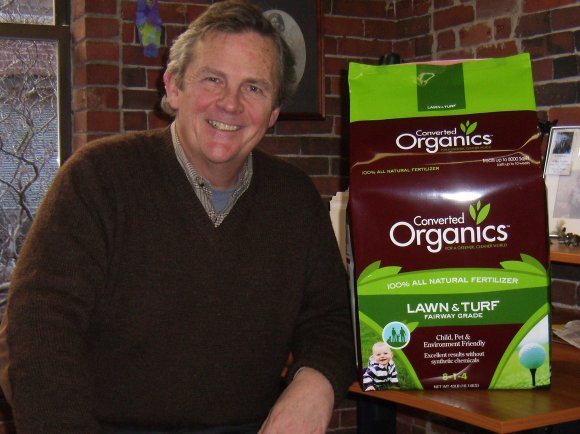
Listen to this Green Air Minute:
Sorting Out the Junk
by The Green A-TeamJunk mail is annoying and harmful.
No, I’m not talking about the spam in your inbox, but the actual physical paper junk that jams our mailboxes each and every day.
Some 100 billion pieces of junk mail are received by Americans each year and the paper used to create this gob-smacking pile typically comes from endangered forests.
Everything related to junk mail is harmful to the environment: the paper production causes deforestation; it’s costly to print and distribute; even its recycling results in megatons of greenhouse gas emissions.
Before you convert your mailbox to a bird house, consider the ForestEthics Do Not Mail campaign at DoNotMail.org and sign the petition to stop junk mail for good. Also, call the marketing companies who are sending it and have them remove you from their list permanently.
Stop junk mail and click here to learn more options for sorting out the junk.
Photo by PhotoInference.














